The EN17860 standard, is a critical piece of legislation that aims to ensure the safety, quality, and environmental considerations of cargo bikes. With the growing popularity of these bikes, particularly in urban logistics and sustainable transportation, understanding the standard and its updates is crucial for manufacturers and brands in the cargo bike industry.
Hello, I am Joanna from United Mobility Technology Inc. We’ve been in the e-bike industry for nearly 20 years, focusing on the manufacturing, research, and development of cargo e-bikes, electric trikes, and e-bikes, with our assembly line in Poland and warehouse in Germany. Whether you’re a business or an eco-conscious rider, we’ve got the knowledge to guide you to the best solutions.
In this blog, we’ll explore the EN17860 standard and its recent updates, a critical European safety regulation that governs the design and performance of cargo bikes. As cargo bikes gain popularity for urban logistics and sustainable transportation, understanding these updates is essential for manufacturers and brands in the industry. We’ll delve into the impact of these updates on the safety, durability, and performance requirements for cargo bikes, particularly electric models.
What is EN17860?
EN17860 provides a framework for the design, construction, and testing of cargo bikes, addressing safety, durability, and performance concerns. This standard is tailored specifically for cargo bikes – bicycles designed to carry goods, including heavy and bulky items, often in the form of large front baskets or cargo compartments.
Why the Change?
Previously, manufacturers used DIN 79010 to test e-cargo bike safety, but this standard didn’t cover other key bike regulations like ISO 4210 (general bicycles), ISO 8098 (children’s bicycles), EN 16054 (BMX bikes), and EN 15194 (EPAC bicycles). The new EN 17860 standard addresses these gaps and ensures e-cargo bikes meet higher safety and quality standards.
Scope and Coverage of EN 17860
The EN 17860:2024 standard covers several types of bikes, from lightweight cycles to heavy cargo bikes, as well as bike trailers and electric drives. This series is still being finalized, but the first three parts are now approved and can be used as references to improve safety and quality.
The new standard applies to:
• Single-track cargo bikes (up to 300 kg)
• Multi-track bikes (up to 300 kg)
• Heavy cargo bikes (up to 650 kg)
• Bike trailers with electric drives
EN 17860 builds on the 2020 DIN 79010 standard, adding more detailed testing requirements and new mandates for electric trailers. The later parts (4-7) of the EN 17860 series are still being reviewed.
Commercial vs. Private Use
A key feature of EN 17860 is how it distinguishes between commercial and private use of e-cargo bikes. The standards for commercial bikes are more stringent to ensure they can handle the demands of daily use. For example, the pedaling force test for commercial bikes requires twice the number of cycles compared to personal bikes. This ensures durability and safety for bikes used in work settings.
Additionally, commercial e-cargo bikes must meet specific ergonomic standards, ensuring they are comfortable and safe for workers. This distinction emphasizes the importance of adapting e-cargo bikes for different purposes—whether for personal use or as a work tool.
Electrical Safety Standards
EN 17860 also includes comprehensive safety requirements for the electrical systems of e-cargo bikes and their trailers. This covers everything from batteries to chargers, ensuring they meet strict safety standards. The bikes must pass tests that simulate real-world impacts, such as shock and vibration, to confirm they are safe and durable in daily use.
These rigorous tests ensure that e-cargo bikes are not only functional but also safe for both personal and commercial use, providing peace of mind to users and manufacturers alike.
How Does EN17860 Affect Cargo Bike Factories and Brands?
For cargo bike manufacturers and brands, compliance with EN17860 is essential for several reasons:
1. Safety Compliance: Following the standard ensures that the bikes meet stringent safety guidelines, reducing the risk of accidents or injuries due to faulty design or construction.
2. Market Acceptance: Many cities and organizations are increasingly requiring compliance with international safety standards before they approve cargo bikes for public or commercial use. Manufacturers that are up-to-date with EN17860 will have a competitive edge in the market.
3. Quality Assurance: The updates to EN17860 serve as a guide for improving the quality of cargo bikes, especially regarding materials used, structural integrity, and load capacity. Brands that adhere to these standards demonstrate a commitment to high-quality products.
4. Liability and Warranty: Non-compliance with the standard could expose manufacturers to legal risks, as failure to meet safety requirements can lead to product recalls or legal liabilities if accidents occur. Additionally, ensuring compliance can help streamline warranty and product support processes.
Key Takeaways for Cargo Bike Manufacturers:
• Adopt Safety Features: Manufacturers must integrate the latest safety updates, such as improved braking systems and frame stability, to ensure product compliance.
• Ensure Rigorous Testing: Beyond design, rigorous in-house testing aligned with the updated standard will be essential for quality assurance.
• Embrace Electric Cargo Bike Guidelines: With electric cargo bikes on the rise, manufacturers must stay updated with the new regulations concerning their unique power systems.
• Stay Informed: Constant monitoring of updates to EN17860 is necessary, as any changes could directly impact design, testing, and marketing strategies.
By staying ahead of EN17860’s updates, cargo bike manufacturers can improve the safety, performance, and marketability of their products. This not only enhances consumer trust but also supports the growth of sustainable, eco-friendly transportation solutions.


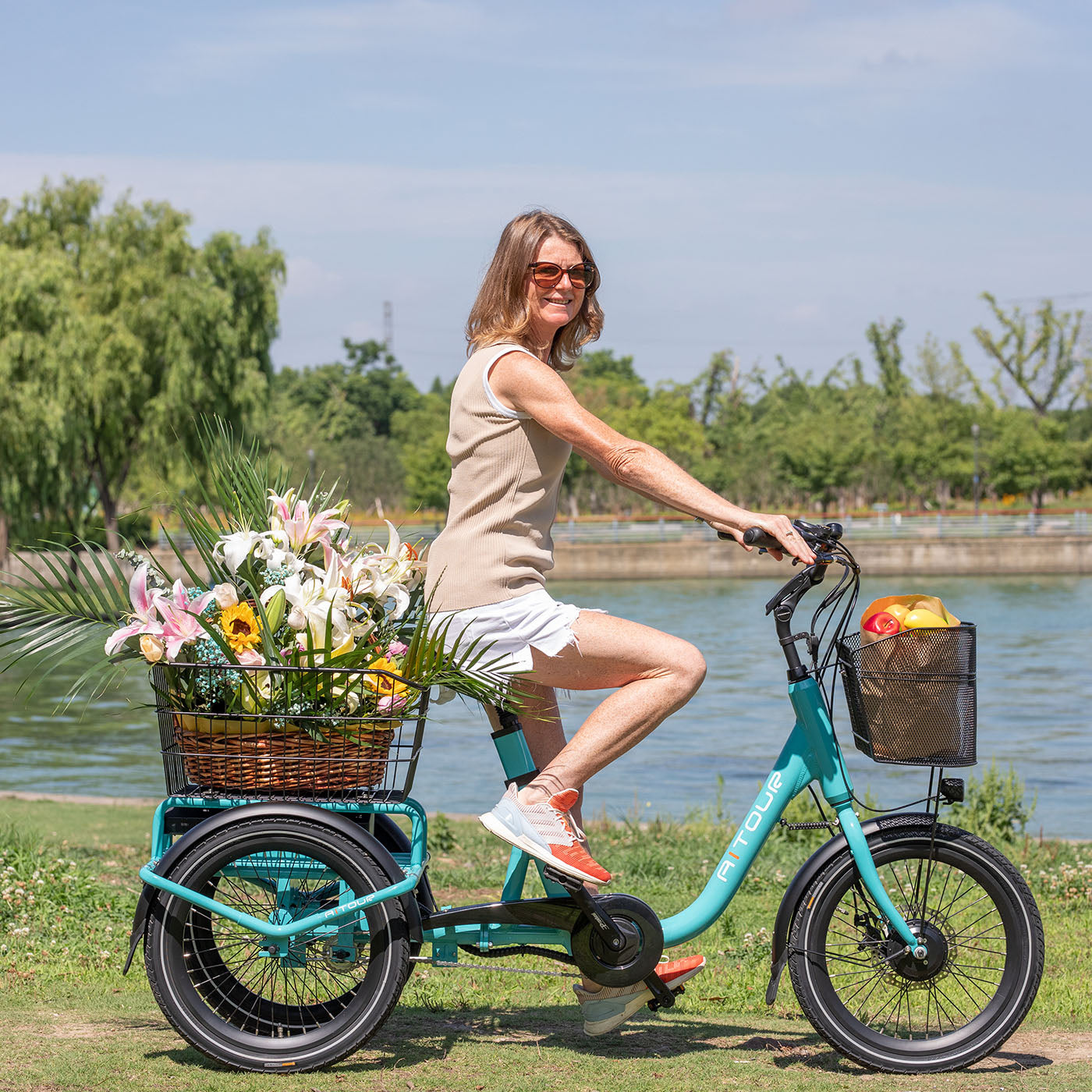
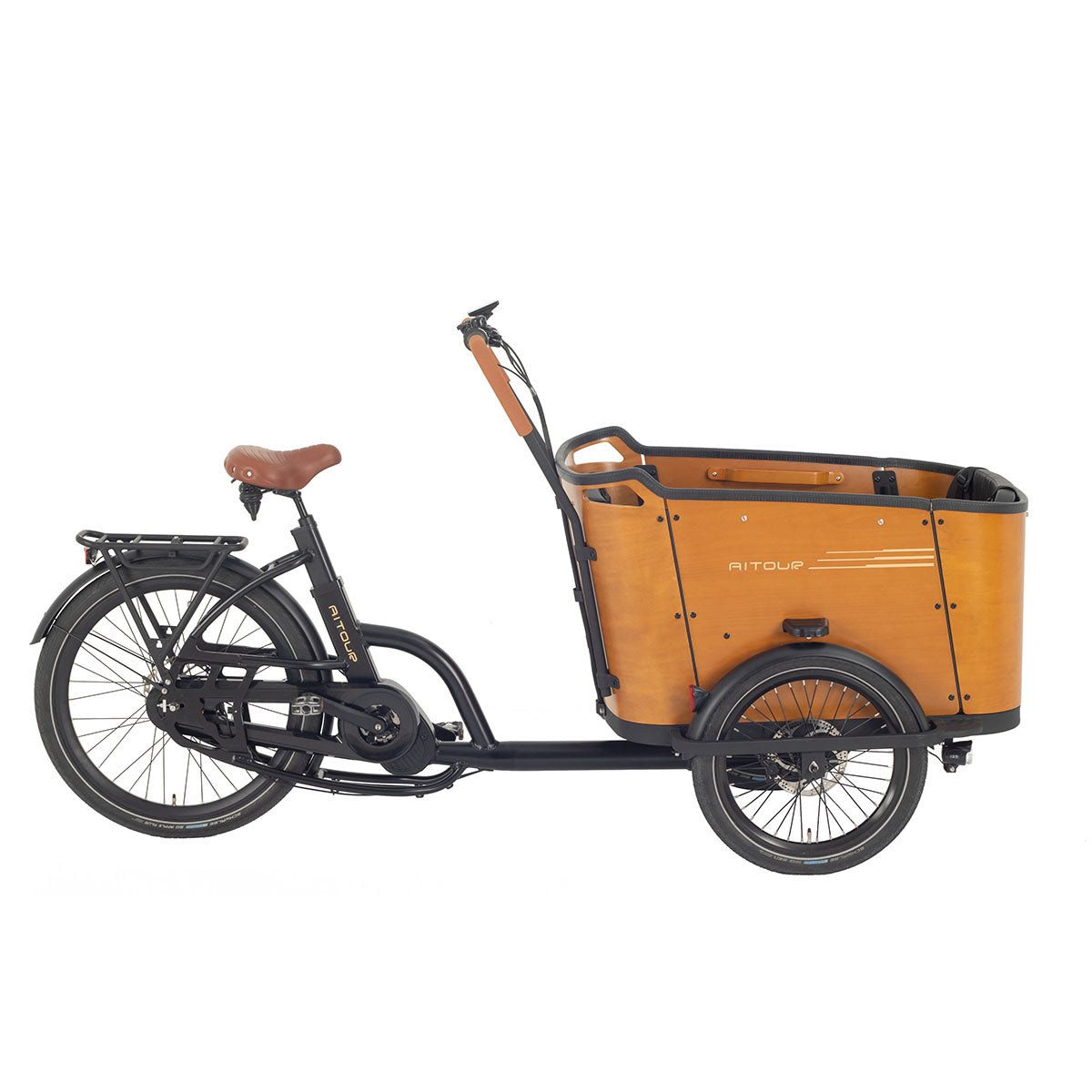
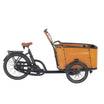
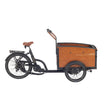
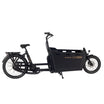
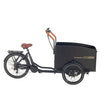

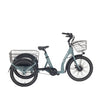
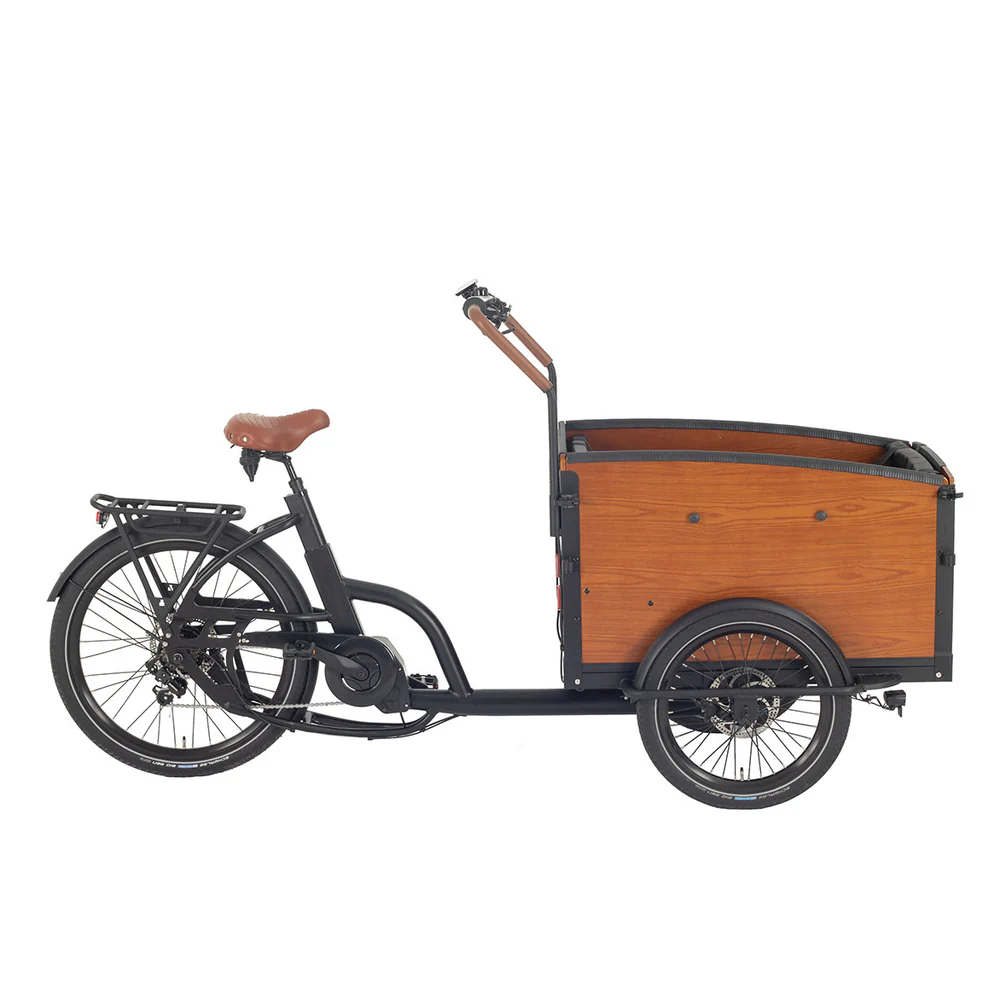
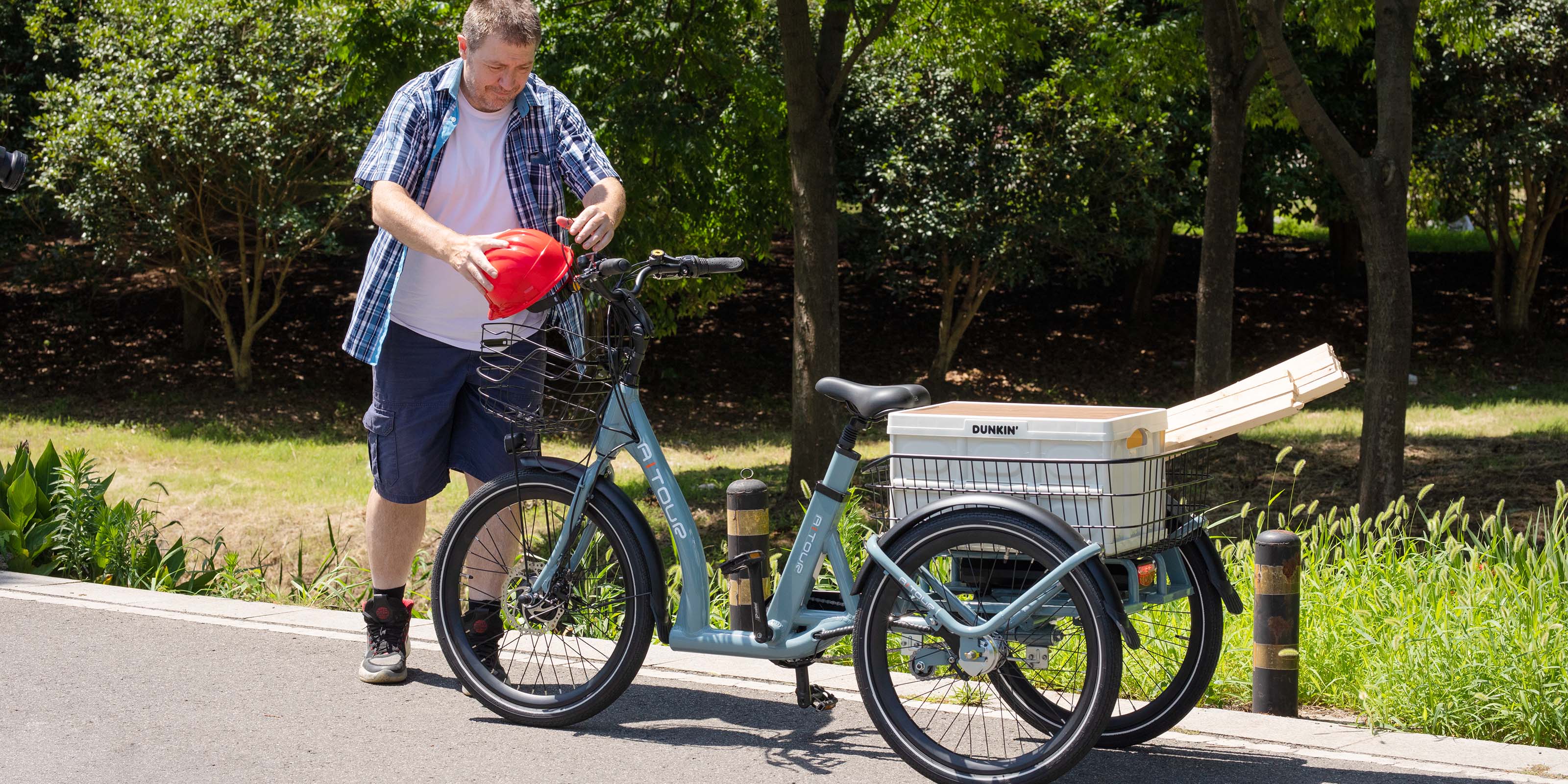
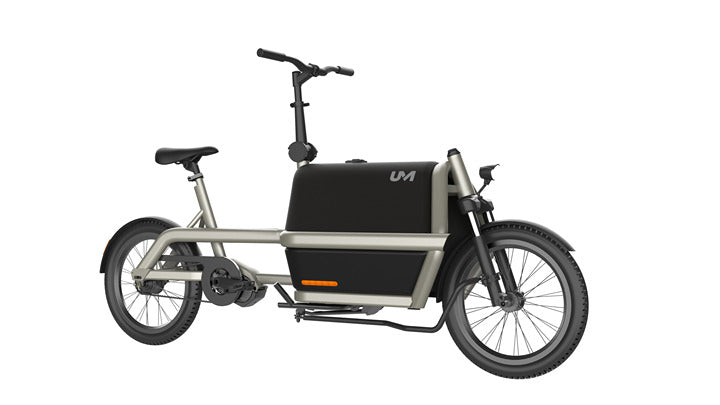
Leave a comment
All comments are moderated before being published.
This site is protected by hCaptcha and the hCaptcha Privacy Policy and Terms of Service apply.